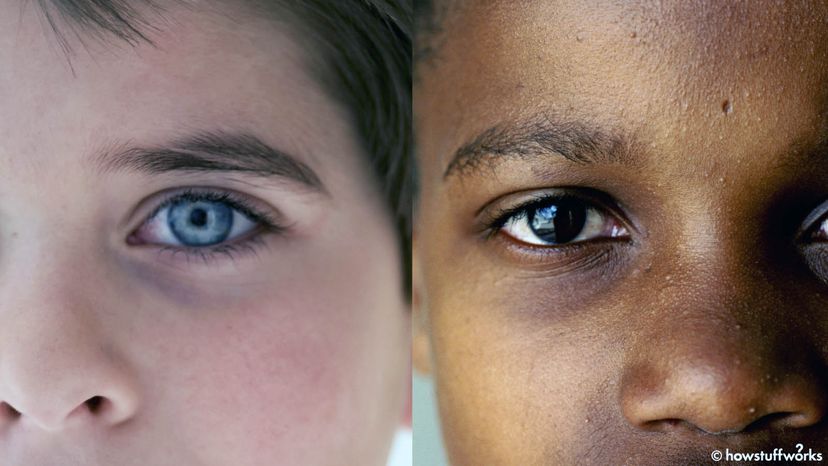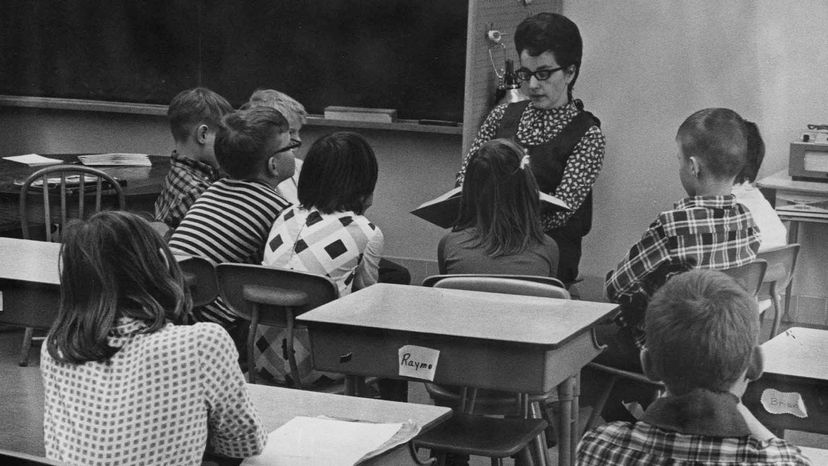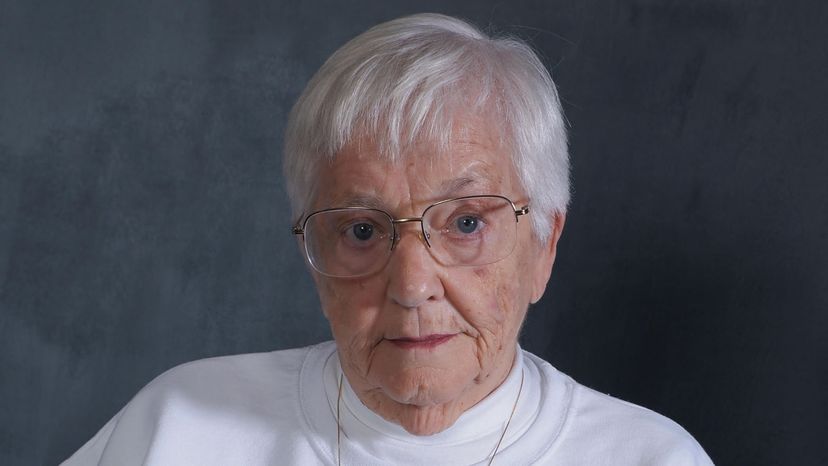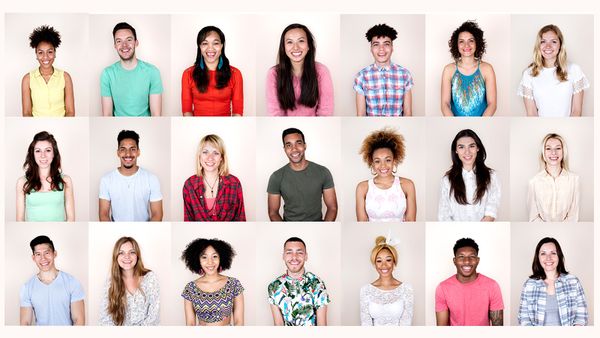One of the biggest hurdles in educating people about racism in the United States, Elliott says, is that most everyone knows it exists and knows that it's harmful, but few are motivated to change it. She has stood in front of classes and asked who among the white people in the room would want to switch places with a Black person. No one ever volunteers.
But in 2020, after a lifetime of trying to teach people that humans are one race, that all human life springs from Africa, and that the separation of humans into races has no biological basis and is used only for various (often nefarious) societal reasons, Elliott sees some small signs of promise, maybe a faint sign of movement.
"I think the killing of George Floyd forced people of the pale-faced variety to recognize that the things that Black people have been describing as happening to them every day were finally real for us. Finally," she says. "It was in their face, and they finally had to admit that they have been denying, or ignoring, or justifying what has happened to Black males all these years."
But in the next breath, Elliott cautions that recognizing the problem is only the first step. Correcting it still must be done. And with the current racial tensions in the United States, exacerbated (she believes) by the current president, things could get even worse.
"'Those who forget the mistakes of the past are doomed to repeat them.' And we are repeating. We are repeating," she says. "I'm seeing this happen, I watch the news, and I go downtown, and oh my god, they're replicating the blue eyes, brown eyes exercise in the national sphere. I can't believe it."
Still, Elliott is nothing if not persistent. She will continue to educate "for the next 50 years," she says. She will push her mantra of "one race." And she says, she will urge people to get out and vote this November in the hope of electing leaders who will attack racism, as she has, head on.
"There'll be hope after the November election," she says. "That's the only hope we have right now."



